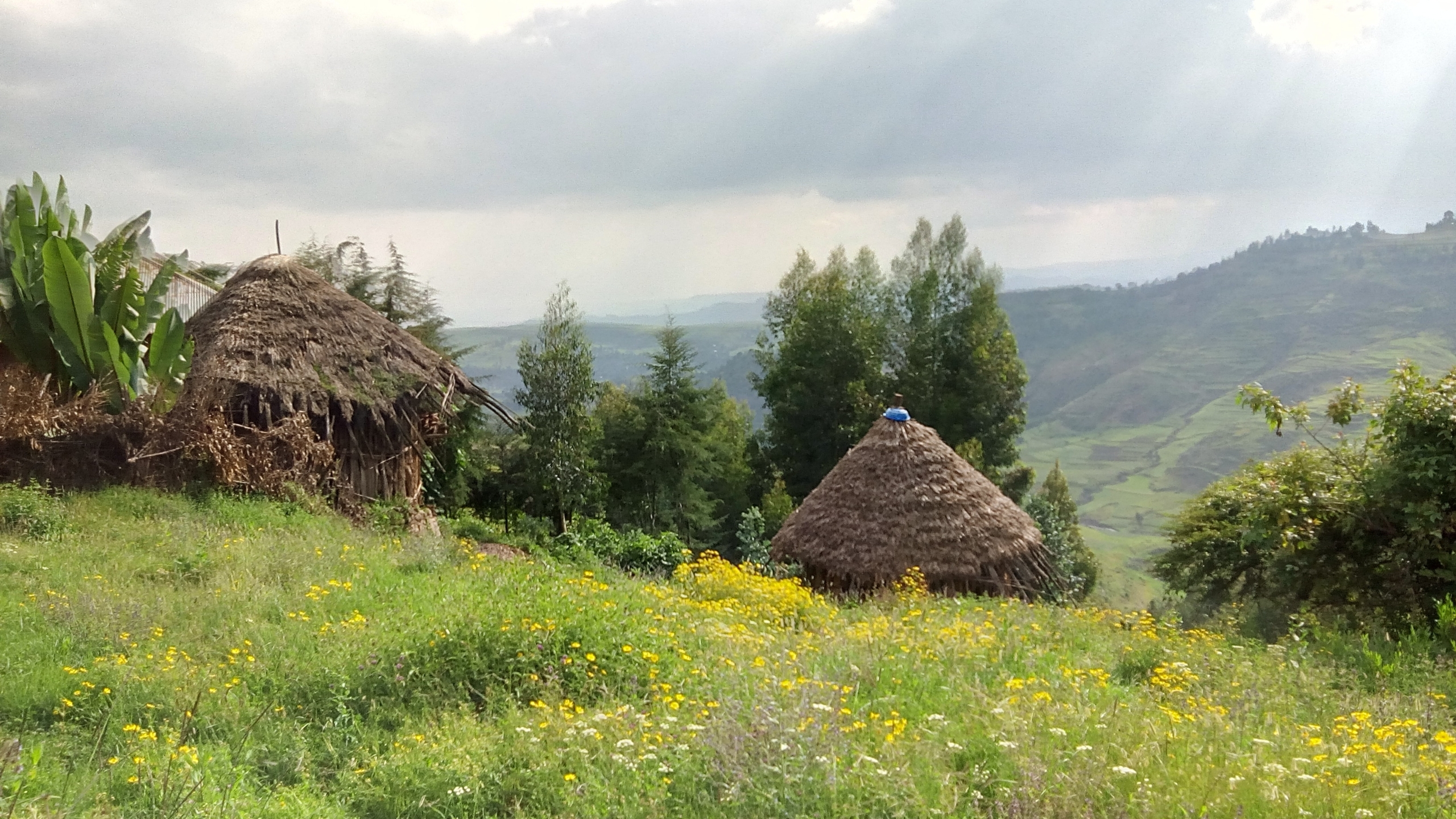Creating Affordable Plastic Houses in Ethiopia
 A new company called Kubik has developed a smart and ecological way to help build affordable plastic houses in Ethiopia and Africa more broadly. Kubik uses recycled plastic waste to create more sustainable and inexpensive building materials that can be used to create homes, schools, factories and more. Kubik recently received a combined investment of $3.34 million to expand their plastic houses business into Ethiopia, where there exists an enormous housing crisis. Hence, Kubik has the potential to go a long way in helping alleviate the housing crisis in Ethiopia and beyond while at the same time helping to create a more sustainable and ecological way of living.
A new company called Kubik has developed a smart and ecological way to help build affordable plastic houses in Ethiopia and Africa more broadly. Kubik uses recycled plastic waste to create more sustainable and inexpensive building materials that can be used to create homes, schools, factories and more. Kubik recently received a combined investment of $3.34 million to expand their plastic houses business into Ethiopia, where there exists an enormous housing crisis. Hence, Kubik has the potential to go a long way in helping alleviate the housing crisis in Ethiopia and beyond while at the same time helping to create a more sustainable and ecological way of living.
The Housing Crisis in Ethiopia
Ethiopia, like much of Africa, is facing rapid urbanization, which means that populations in large cities like Addis Abbas are growing at high rates. At the same time, as more and more people move into cities, there is an increasing demand for housing in these cities because people need to find a place to live.
However, in Ethiopia, the rate at which people are moving into large cities per year far exceeds the rate at which new affordable houses are being built. More specifically, the housing demand is currently estimated to be more than 1 million in Ethiopia with current rates projecting an estimated net of 200,000 more houses needed each year to account for the growing population. Because of this, there is an ongoing housing crisis in which many people are forced to live in small government-owned houses made of mud and wood that leave people susceptible to dangerous diseases and other health problems or in some cases, force people into homelessness.
Kubik’s Solution
Started by Kidus Asfaw and Penda Marre after seeing how school classrooms were made from plastic materials in Côte d’Ivoire, Kubik was initially founded with the intention of helping create more classrooms in Côte d’Ivoire. However, after seeing the potential that plastic had to be used as a building material, Afshaw and Marre soon shifted the focus of Kubik to providing cheap building materials that could be used to build affordable plastic houses and other important infrastructure such as public bathrooms, schools and eco-friendly factories.
More specifically, Kubik accomplishes this goal by selling the plastic building materials it makes to real estate developers who use its plastic building materials to build houses at a less expensive cost. In fact, plastic building bricks are often around 40% cheaper than cement of which most ordinary housing bricks are made.
Ecological Benefit
Although the primary benefit of Kubik’s plastic building materials is its ability to provide more affordable houses in places that urgently need them, they also offer a number of ecological benefits that contribute to protecting the planet as well as improving people’s overall health. First, Kubik’s plastic building materials emit approximately 500% less carbon dioxide than traditional building materials such as cement. Hence, houses made from Kubik’s plastic materials will help significantly in the effort to halt global warming.
Additionally, Kubik is helping contribute to solving a significant plastic waste problem that is present in many African countries including Ethiopia which produces almost 400,000 tons of plastic waste annually. However, 96% of existing plastic waste does not get recycled. Not only can large amounts of plastic waste significantly disrupt ecosystems and harm marine animals, but because plastic takes so long to decay, plastic waste is often burned to release incredibly harmful chemicals into the air that can cause numerous associated health risks including respiratory problems.
Kubik helps to reduce the amount of plastic waste and the problems associated with it by focusing on solely using plastics that would not otherwise be made into recyclable products in the production of their building materials.
Conclusion
Ethiopia faces an ongoing affordable housing crisis as well as a crisis in the rapidly increasing build-up of plastic waste that can damage the environment and people’s health. Although Kubik cannot completely solve either of these two issues alone, the efforts go a long way in mitigating the effects of both by providing an innovative and creative way to turn unused plastic waste into materials used to make affordable plastic houses in Ethiopia. Furthermore, Kubik may serve as an inspiration to future entrepreneurs to develop creative methods that will help solve societal problems such as affordable housing and excessive plastic waste.
– Athan Yanos
Photo: Unsplash
